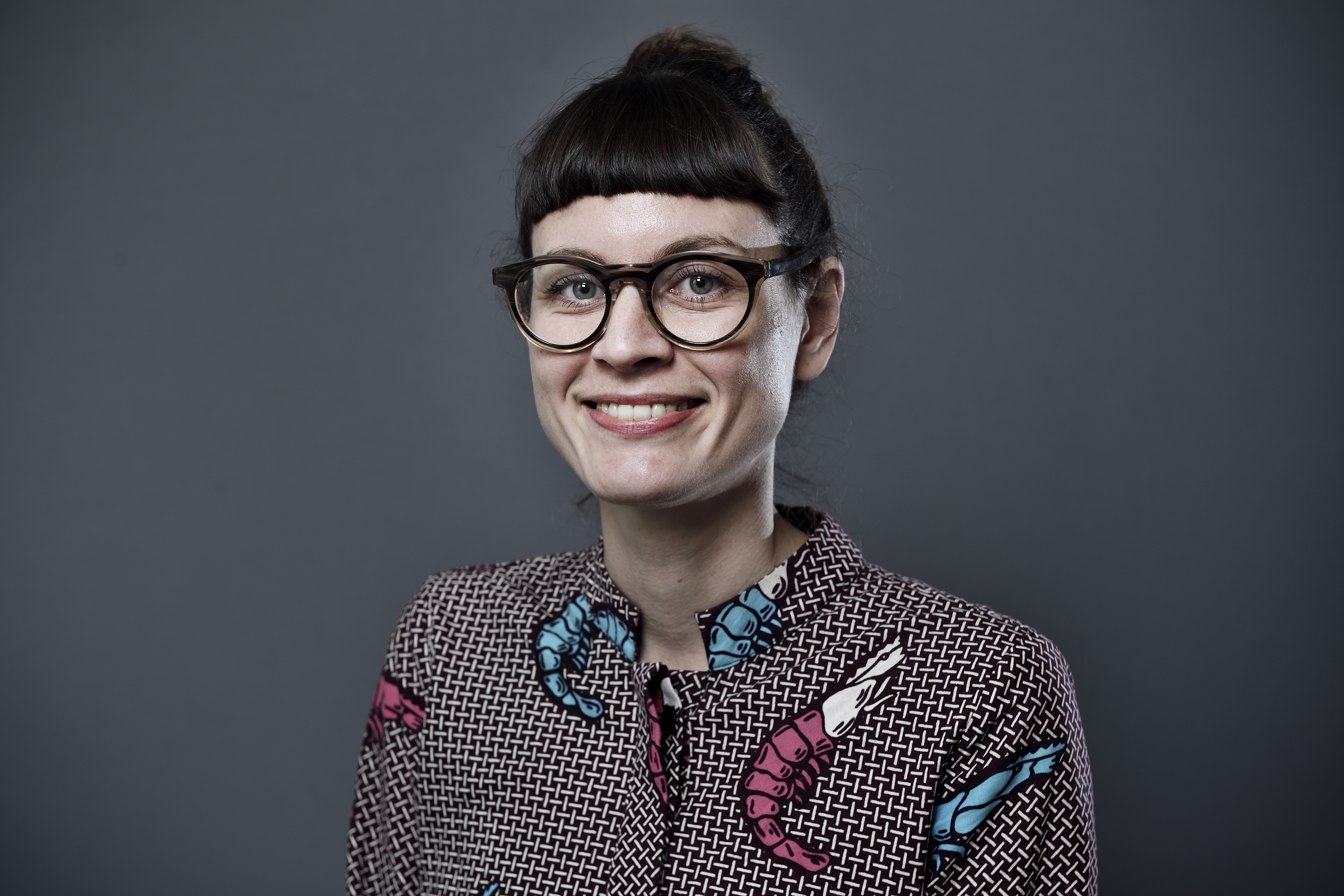Sandra Breum Andersen
Research leader

Project title
Understanding the Effects of Microbial Interactions on Host Health
What is your project about?
The microbes that live in and on us affect our health but many organisms are not inherently "good" or "bad". Their effect depends on interactions with other microbes and the host. Lab experiments have revealed that bacteria have intricate social lives. To understand how interactions within a population of bacteria, and between different species, affect the host, my team will work with Helicobacter pylori. H. pylori remodels the stomach tissue of its human host and affects immune system development. Infamous for causing stomach ulcers and - cancer, infection early in life can protect against asthma and allergies. Using mice, we will test how the social life of H. pylori affects host metabolism and parasite susceptibility.
How did you become interested in your particular field of research?
My sister transmitted a fascination of marine biology at an early age, and an undergraduate research project on corals got me hooked on symbiotic interactions between animals and microbes. A winding road paved with leafcutter - and zombie ants, and cooperative and cheating lung pathogens, has lead me around the world and closer to an understanding of how social interactions drive evolution. I use this approach to study our complex relationships with the microbes that inhabit us.
What are the scientific challenges and perspectives in your project?
Bacterial interactions can determine how large populations get and what compounds the bacteria produce. We can manipulate interactions in the lab to explore different outcomes but we know less about what takes place inside a host. My system is unique because we can scale from dynamics within a population of a single species living in the stomach, over how those bacteria interact with other microbes in the same host, and finally to how that impacts the host. I use the Helicobacter pylori symbiosis as a model system to study microbial interactions, as well as a representative for a changing human microbiome.
What is your estimate of the impact, which your project may have to society in the long term?
I am doing fundamental research that will facilitate an understanding of how host-microbe interactions evolve. Working at the intersection of evolutionary and clinical microbiology, I want to change the way we think about our microbial associates. I believe an interdisciplinary approach will contribute to solving the microbial health challenges we face as a society.
Which impact do you expect the Sapere Aude programme will have on your career as a researcher?
The Sapere Aude programme gives me the opportunity to establish an independent research group in my home country, after several years abroad. I look forward to contribute to the training of excellent scientists at the beginning of their career, together moving the field forward.
Background and personal life
While I deal with gastrointestinal affairs in my research, my sommelier husband Patrick ensures that our life is full of gastronomic adventures as well. We're based in Nørrebro, Copenhagen after 3 exciting years in New York.
View all research leaders here
Research institution
University of Copenhagen, Department of Biology
Research field
Evolutionary biology
City of your current residence
Copenhagen
High school
Virum Gymnasium
